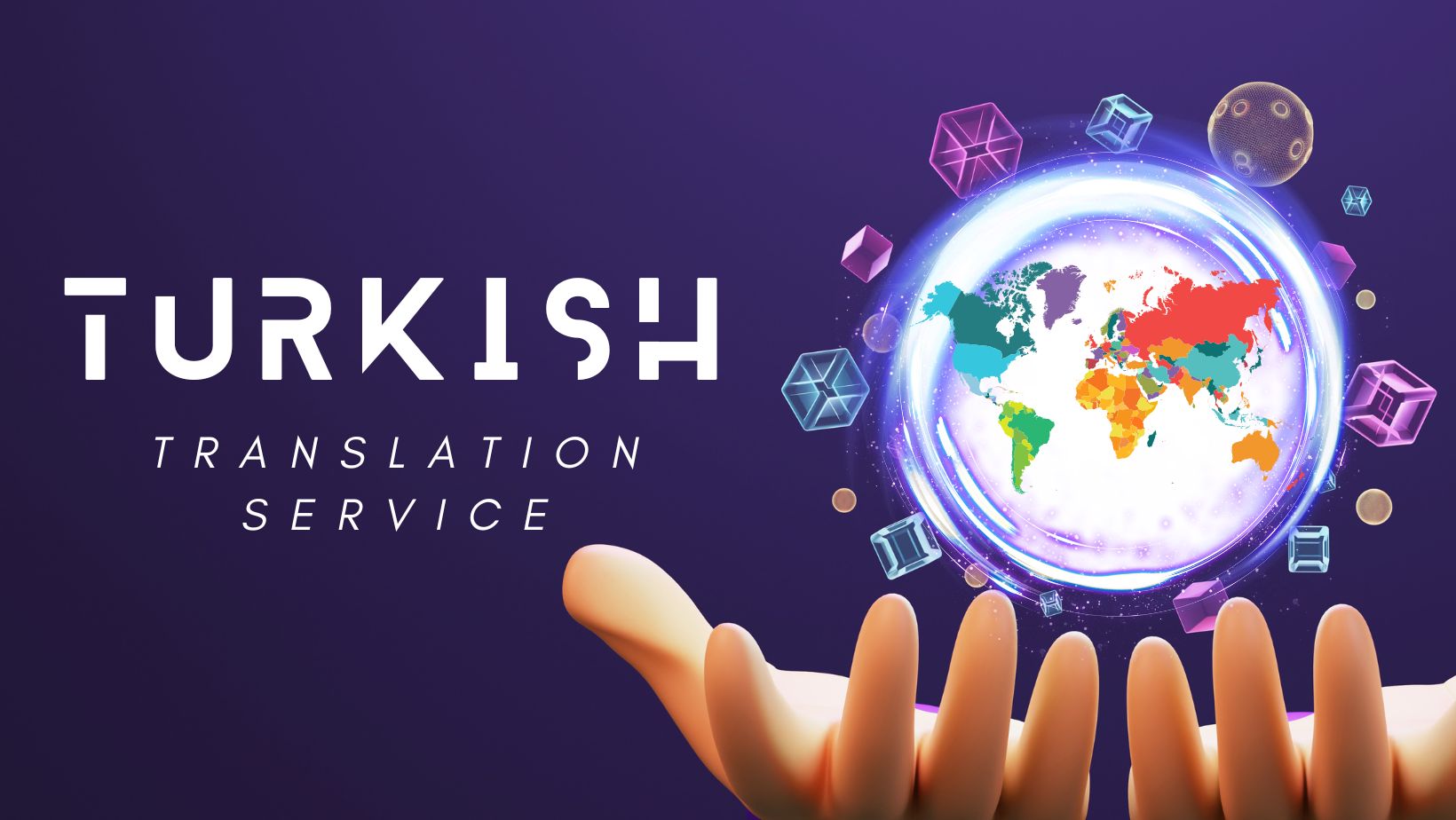
Discover the Fascinating History of the Turkish Language
With roots dating back to the 8th century, the Turkish language has a rich and captivating history. It belongs to the Turkic language family and has evolved over the centuries through various influences. Initially spoken in Central Asia, Turkish spread with the migration of Turkic tribes to different regions, including Anatolia, present-day Turkey.
The Turkish language has undergone significant transformations throughout history, primarily due to interactions with other cultures and civilizations. The early Turkic scripts, such as Orkhon and Göktürk, evolved into the Arabic script following the conversion of Turks to Islam in the 10th century. Later, in 1928, Turkey adopted the Latin alphabet under the leadership of Mustafa Kemal Atatürk, leading to a modernized and more accessible writing system.
The Relevance of Turkish in Today's Global Landscape:
As one of the most widely spoken languages in the world, Turkish holds immense significance in today's interconnected global community. With over 80 million speakers in Turkey alone, the language bridges the gap between Europe and Asia, making it a pivotal link for cultural exchange, trade, and diplomacy.
Additionally, Turkish serves as a key cultural and linguistic gateway to the rich history and heritage of the Anatolian region, which holds a unique place at the crossroads of ancient civilizations. The influence of Turkish extends beyond Turkey's borders, with significant Turkish-speaking communities in countries like Germany, Bulgaria, Cyprus, and more.
Translating Turkish: A Complex Endeavor
While Turkish is a beautiful and expressive language, its intricacies can pose challenges for translation, especially when rendering it into or from English.
Agglutination: Turkish is an agglutinative language, meaning complex words are formed by adding affixes to the root words. This feature allows for rich expression and conciseness, but capturing the exact meaning and nuances in English can be difficult, which is not as agglutinative.
Word Order: Turkish follows a subject-object-verb (SOV) word order, which differs from the subject-verb-object (SVO) order used in English. Adapting Turkish sentences to English structure requires careful consideration to keep the intended meaning intact.
Idiomatic Expressions: Like any language, Turkish has its fair share of idiomatic expressions and cultural references that may not have direct equivalents in English. Accurate translation involves understanding the cultural context and finding suitable idiomatic expressions in the target language.
Cultural Sensitivity: Translating between Turkish and English involves navigating cultural differences to ensure the message is conveyed appropriately without causing unintentional offense.
Our Professional Turkish Translation Services
At Lingua Technologies International, we understand the significance of accurate and culturally sensitive translations. Our team of experienced and native Turkish linguists are well-versed in the nuances of the Turkish language and has a deep appreciation for its historical and cultural aspects.
Whether you need legal, medical, technical, marketing, or any other type of translation, we guarantee precise and reliable results that will effectively convey your message across language barriers.
Trust us to bridge the gap between Turkish and English with precision, care, and respect for the language's rich heritage.
Contact us today at +65 6576 0138 or immediately fill out our web inquiry form to discuss your translation needs and experience the power of language connectivity with our top-notch Turkish Translation Service!
WHY CHOOSE US?
Competitive Rates
Fast Turnaround
Quality Assured
With more than 20 years of proven excellence in translation services, Lingua Technologies International is one of the pioneers in offering Multilingual Translation Service Solution to Singapore and the region. The company takes pride in making translation an invaluable experience. With the ISO 17100 certification, you now have peace of mind that your translation projects are always processed and handled by professionals in accordance with the guidelines and standards outlined in this ISO certification specification developed for Translation Businesses worldwide. Let our professional team of linguists and project managers handle the tedious task of translation for you, leaving you with more time to do what matters most to you: your business.

